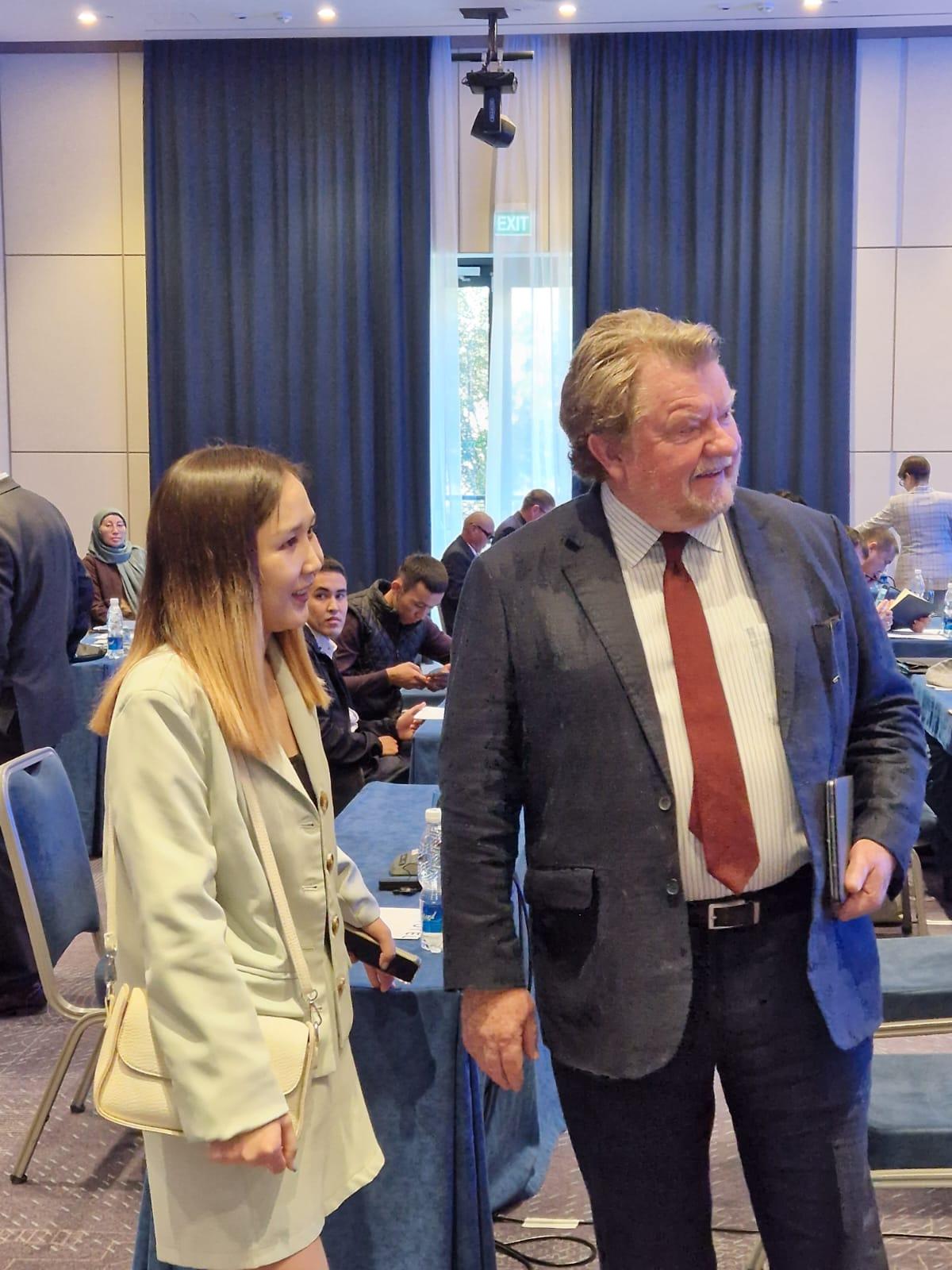
Kyrgyzstan PRECA participants successfully conducted their second National Training on September 7th and 8th, 2023. Held in the capital city of Bishkek, this training program focused on critical areas such as chemical incidents and response, water security, food safety, and coordination, control, and communications (C3).
The main objective of the training was to enhance the capacity of civil servants and other competent specialists in responding effectively to incidents during mass events. By doing so, the training aimed to support the implementation of preparedness, risk management, and coordination activities during crisis situations. This involved fostering collaboration among public health authorities, sharing essential information about events requiring regional coordination, and equipping participants with the skills to manage hazards and prevent poisoning and water and foodborne diseases.
PRECA EU experts participated in the seminar as observers - Andrew Proudlove (team leader), Raquel Duarte-Davidson (chemical incidents and response), Mark Salter (C3), John Haley (water security), and Jackie Gibney (food safety).
The first day of the training featured comprehensive sessions on Chemical Safety, Water Safety, and Food Safety. PRECA National Trainers from various Kyrgyzstan government agencies, including the Ministry of Natural Resources, Ecology and Technical Supervision, Bishkek City Clinical Hospital, Department of Disease Prevention and State Sanitary and Epidemiological Surveillance, State Agency for Architecture, Construction and Housing and Public Utilities, and the Ministry of Health of the Kyrgyz Republic, led these training sessions.
On the second day, the program focused on "Command, Control, and Communication in Public Health." This segment covered essential topics such as planning and responding to potential threats to public health, risk assessment, and effective communication strategies.
In total, approximately 60 participants from different regions of Kyrgyzstan attended the training, representing a diverse array of expertise and backgrounds. This inclusivity ensured that a broad spectrum of professionals in Kyrgyzstan would be better prepared to address incidents during mass events, contributing to the overall safety and well-being of the country's population.